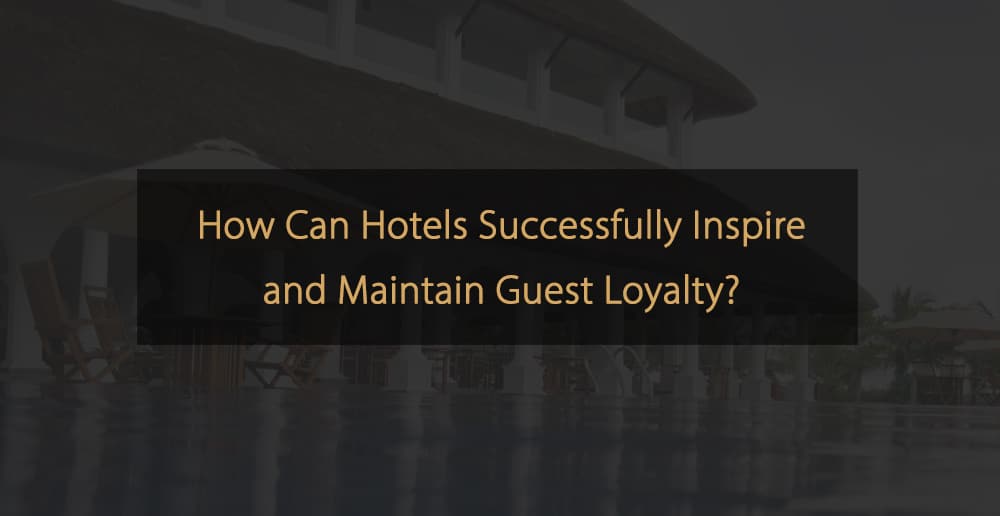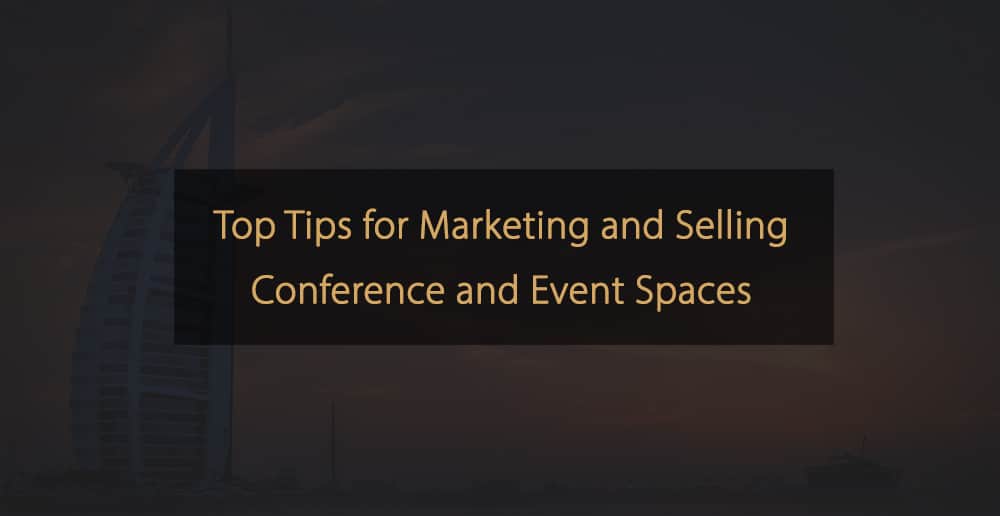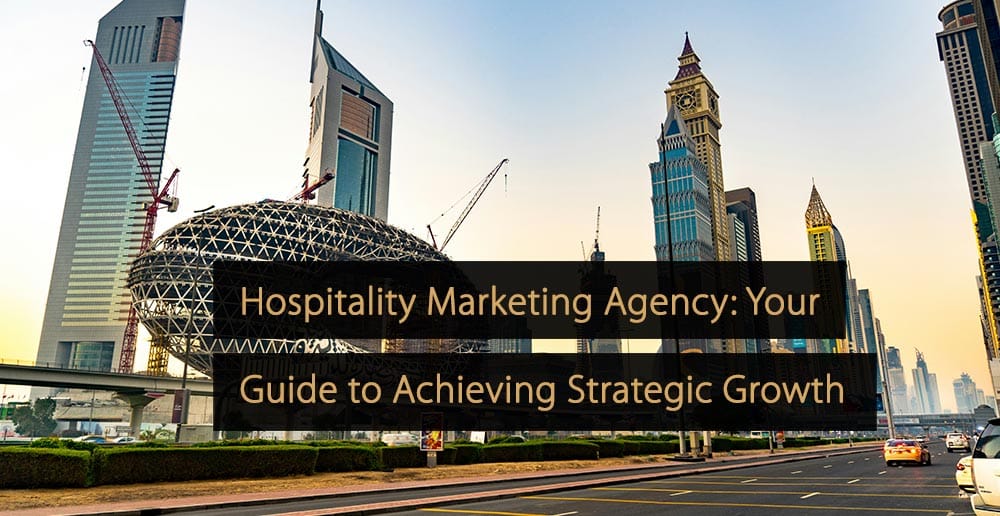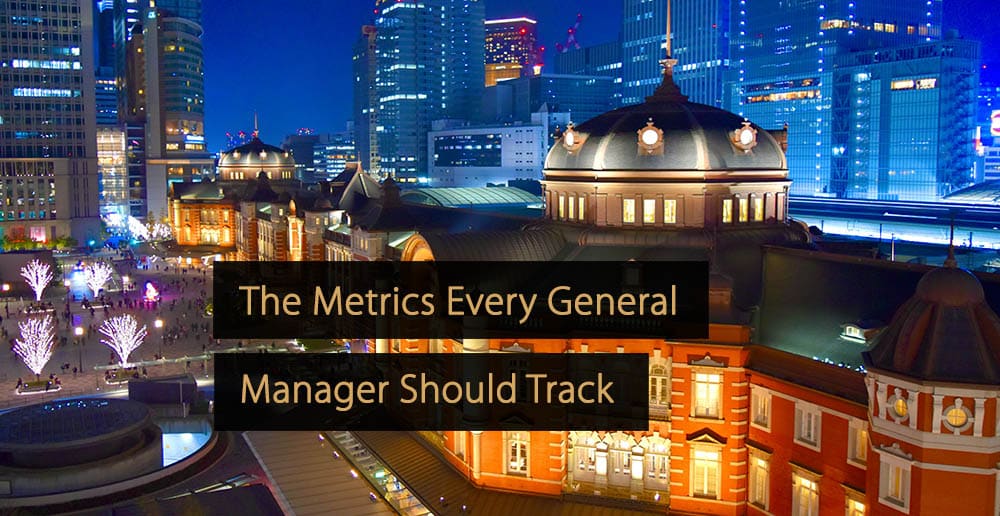Question for Our Hotel Marketing Expert Panel
What are the best practices for driving revenue-generating email marketing and for collecting valid email addresses from guests? (Question from Nicole Sideris)
Industry Expert Panel
Our Industry Expert Panel exists out of professionals within the hospitality & travel Industry. They have comprehensive and detailed knowledge, experience in practice or management and are forward-thinking. They are answering questions about the state of the industry. They share their insights on topics like revenue management, marketing, operations, technology and discuss the latest trends.
Our Marketing Expert Panel
- Elvira Wilthagen – Owner, Heads in Beds
- Thom de Graaf – Online Marketing Specialist, The Orange Studio
- Susanne Williams – Director Consulting Services, Journey Hospitality
- Cory Falter – Partner and Visionary at Lure Agency
- Thomas Dieben – Founder, Becurious
- Jacopo Focaroli – CEO & Founder, The Host
- Nicole Sideris – Founder & Prinicipal Consultant, X Hospitality
- Max Starkov – Adjunct Professor Hospitality Technology, New York University
- Luminita Mardale – Director Of Marketing And Business Development, Vienna House
- Moriya Rockman – Chief of Marketing, Smiling House Luxury Global
- Ask Our Panel a Question
- Join Our Expert Panel
“Effective email marketing in the hospitality industry can drive revenue and foster guest experiences. The following examples help drive conversion and sales but also give you arguments for your CFO when asked for an indication of the ROI of the software or manpower involved.
1. Personalisation and segmentation
Personalised emails that cater to the guest’s preferences and past interactions have a higher chance of engagement and conversion. Segment or tag profiles based on customer data, such as previous stays, interests, and demographics, to send targeted content.
Example: If a guest has previously booked a family-friendly package, you can send them offers for upcoming family-oriented events or special deals on larger suites. And do not forget the dog-friendly packages and offers.
2. Engaging subject lines
A compelling subject line is crucial to encourage recipients to open your emails. It should be concise, relevant, and create a sense of urgency or curiosity.
Example: “Last Chance: Exclusive 48-Hour Flash Sale on Luxury Suites!”.
And should your target group be Gen X-Z, do consider emoticons (whatever your personal opinion, it works!).
3. Eye-catching on-brand design:
Use visually appealing and mobile-responsive designs that reflect your brand. A well-designed email can make a strong first impression and increase click-through rates.
Example: Include high-quality images of your property, amenities, and nearby attractions to entice guests to book a stay.
4. Clear Call-to-Action:
Make the purpose of the email clear and guide recipients on what action to take next. A prominent CTA button helps direct readers to your website or booking page.
Example: “Book Now and get 20% Off your Summer Getaway!” or “Book direct on our website and get the best rate”.
5. Email automation:
Set up automated emails based on specific triggers, such as abandoned bookings or post-stay follow-ups. This improves efficiency and enhances the guest experience.
Example: Send a personalised “We Miss You” email with a special offer to guests who haven’t booked in a while or “Try also a stay in our sister property.”
6. Collect emails via your website:
Allow potential subscribers to customise their email preferences, such as the frequency of emails or the types of promotions they want to receive. This ensures a more relevant and engaging experience for the recipients and they know what to expect. Start by only asking for an email address, and collect further data later, when they are subscribed.
Example: Create a preference centre where new subscribers can choose to receive emails about packages, offers, or upcoming events based on their interests.
Last but not least, monitoring and analytics:
Track key metrics, such as open rates, click-through rates, and conversion rates, to measure the success of your email campaigns. Use the data to refine your strategies and improve future campaigns for internal communication purposes: share milestones with your colleagues.
By following these tips you can enhance the effectiveness of your email marketing campaigns, increase revenue, and build stronger relationships with your guests. Remember always to prioritise the quality and relevance of your content to maintain engagement and avoid being marked as spam.
NB. And please, never forget the opt-in and transparency. Always obtain explicit permission before adding to your email list. Be transparent about how often you’ll send emails and what type of content they can expect and how to unsubscribe. If your emails are interesting and relevant, you won’t have that many people leaving the lists.”
“If your goal is to generate direct revenue through email marketing, offering an exclusive discount for a limited time can be highly successful. In such cases, users are often more willing to sign up for your newsletter. By sharing a discount code or instructions on how to participate in a follow-up email, you can to some extent verify the validity of those email addresses. This approach allows you to cultivate a high-quality audience with whom you can further build relationships.”
“Data, data and more data. Know your target audience, where they hang out and what they want to know from you. Demand generation should be your number one goal. Be engaging and creative about how you ask for sign-ups. Be wary of open discounts, these are best used in a closed user capacity for abandoned carts etc. 10% off a room stay is a high cost of guest acquisition if your room rates are in the luxury space.
- Be clear about what you want your CRM Strategy to deliver.
- What wants and needs are you addressing for your customers and guests?
- Does your expectation of who your target audience should align with your proposition? Your price?
- Personalise and Segment Your Email Campaigns:
- Craft personalised email content based on subscriber preferences, past behaviours, or purchase history. Personalisation can significantly improve engagement and conversions.
- Segment your email list to send more tailored content to specific groups. For example, you can send special offers to loyal customers or recommendations based on previous purchases.
- Engaging Subject Lines and Compelling Content:
- Use attention-grabbing subject lines that pique customer curiosity and encourage them to open the email.
- Create valuable and engaging content that aligns with your subscribers’ interests and provides them with useful information, offers, or promotions.
- Incorporate visual elements, such as high-quality images and videos, to make your emails visually appealing and enhance the user experience.
- Test and Optimise:
- A/B test different elements of your email campaigns, such as subject lines, content layout, CTAs, and timing, to identify what resonates best with your audience.
- Analyse email metrics like open rates, click-through rates, and conversion rates to understand the effectiveness of your campaigns. Use this data to refine and optimise future email marketing efforts.
- Data Governance for a Targeted Email List:
- Implement a double opt-in process: Require subscribers to confirm their email addresses to ensure valid and engaged recipients.
- Segment your email list based on relevant criteria such as demographics, preferences, or past interactions. This allows you to send more targeted and personalised content.
- Leverage various channels to collect email addresses, including website sign-up forms, social media promotions, and offline events. Offer incentives like exclusive content or discounts to encourage sign-ups.
- Call-to-Action (CTA) Placement and Design:
- Ensure your email design includes clear and visually prominent CTAs. Use contrasting colours, compelling copy, and strategically placed buttons to encourage clicks.
- Ensure your email design includes clear and visually prominent CTAs. Use contrasting colours, compelling copy, and strategically placed buttons to encourage clicks.
- Mobile Optimisation:
- Ensure your emails are mobile-friendly and responsive, as a significant portion of users access emails on mobile devices.
- Compliance with Email Marketing Laws.”
“Unless you have an irresistible offer, we need to broaden our timeline on generating revenue through email or run the risk of unsubscribes and/or being flagged as SPAM.
We find highly personalized emails from a single person at the hotel perform way more effectively than “templated” emails with photos and images. They also have a better chance of avoiding the spam folder. We follow the 80/20 rule of sending 80% value and/or entertainment and 20% promotion which keeps us in their inbox and building a relationship with them.
It’s important to move away from the concept of “eBlasts” and the idea that if we “hit them” enough, then eventually book with us. That notion will get unsubscribes, barriers, or resistance with prospects, and eventually, you’ll be put in the doghouse by the internet police for spamming. The best way (by far) to collect valid email addresses is to create such amazing content guests trip over themselves to receive your email consistently.
Secondly, would be to use a platform like Flip.to which encourages people to share their email addresses for engagement. It’s extraordinary for building lists, elevating organic social media, and increasing direct bookings.
Refrain from purchasing any lists. It might result in a handful of bookings, but the long-term effects are devastating.
Always asking the question, “What’s in it for the person receiving this email” will help keep your email strategy moving in the right direction.
If you can maintain a 25 (open rate) / 5 (click-through rate), you’re well on your way to success.”
“Revenue-generating email marketing requires a strategic approach. As a specialised digital marketing agency, we recommend the following best practices for maximising your email marketing efforts and collecting valid email addresses:
1. Building a Quality Email List:
- Opt-In Subscriptions: Focus on obtaining email addresses through opt-in subscriptions, where users explicitly give consent to receive marketing emails. This ensures a list of engaged and interested recipients.
- Website Sign-Up Forms: Strategically place sign-up forms on your website, offering incentives such as exclusive offers, discounts, or valuable content to entice visitors to provide their email addresses.
- Guest Registration: Encourage hotels to actively collect email addresses during the guest registration process, either through paper forms or digital registration systems.
2. Segmentation and Personalisation:
- Segment Your Audience: Divide your email list into segments based on demographics, preferences, past behaviours, or booking patterns. This allows for targeted and personalised email campaigns that resonate with specific recipient groups.
- Personalised Content: Craft email content that is highly personalised based on the segmented groups. Address recipients by name, tailor offers and recommendations to their preferences, and utilise triggered emails based on specific actions or milestones.
3. Compelling Content and Design:
- Engaging Subject Lines: Write compelling subject lines that capture attention and entice recipients to open the email. Avoid spammy or misleading subject lines to maintain credibility.
- Clear Call to Action (CTA): Incorporate a clear and prominent CTA within the email to guide recipients towards the desired action, such as booking a room, making a reservation, or exploring special offers. Use persuasive language and visually appealing elements to reinforce the CTA.
- Mobile-Friendly Design: Ensure that your email templates are optimised for mobile devices as a significant portion of recipients read emails on their smartphones. Adapt the layout, font sizes, and images to provide a seamless experience across devices.
4. Timing and Frequency:
- Test and Analyse: Conduct tests to determine the optimal sending times and frequencies for your target audience. Analyse open rates, click-through rates, and conversions to refine your email timing and frequency for better engagement.
- Automation and Triggered Emails: Implement automated email campaigns triggered by specific events or actions, such as abandoned bookings, birthdays, or post-stay follow-ups. These personalised and timely messages can significantly enhance engagement and conversions.
5. Continuous Testing and Optimisation:
- A/B Testing: Perform A/B tests on various elements of your emails, including subject lines, CTAs, or content variations, to identify the most effective options. Use the results to optimise future campaigns.
- Performance Tracking: Monitor key metrics such as open rates, click-through rates, conversion rates, and revenue generated from email campaigns. Track the performance of different segments and email variations to identify areas for improvement.
As a specialised digital marketing agency, we emphasise compliance with data protection and privacy laws, ensuring consent and providing unsubscribe options in all email communications. By following these best practices, our agency helps hotels generate revenue and maximise the impact of their email marketing campaigns through targeted segmentation, personalised content, and data-driven optimisation.”
“Firstly I’d personalise emails based on customer preferences and behaviors to increase engagement, conversions and build lasting relationships. Secondly, create compelling subject lines that capture attention, also through mobile optimization is crucial as well, ensuring that your emails are visually appealing and accessible on various devices.
When it comes to collecting valid email addresses, transparency and trust are key: Clearly communicate the benefits of subscribing and make the process easy. Consider offering incentives to encourage sign-ups, and regularly clean the email list by removing inactive or bouncing addresses.”
“I work in an environment where hotels are digital, and there is no onsite reception. So without a pre-stay communication to obtain details, this can be problematic if there is a reliance on email marketing and capturing this data. We have moved to WhatsApp marketing as the uptake of emails is not as effective and the phone details are obtained through all channels and translated.”
“Issuing a General Manager’s Directive making guest email collection a mandatory practice at the property is a good start.
- Front Desk: Make the guest email address a mandatory field in the guest profile in the PMS. Emailing the guest folio vs printing it, and future mobile check-in capabilities are sufficient incentives for guests to share their emails.
- Bookings via the property’s own website: By default, all website bookers provide their email addresses, so all of these email data APIs are readily available.
- Email sign-ups on the property website for the property’s newsletter and promotions.
- Guest Appreciation Program or Reward Program: This is a must-have avenue to capture the emails of your most loyal guests.
- Wi-Fi sign-ups: This is a great source for email capture, especially for OTA-booked guests.
But all of the above is only the beginning. The most successful email marketing is not by blasting out promotional emails to your email list but by delivering personalised email marketing via your property’s CRM platform.
The CRM technology makes sense of your guest data, cleanses it, de-duplicates it, appends it with missing data fields (emails, mobile phones, physical addresses, etc) and provides a 360-degree view of each guest. Only via CRM you can determine your guests’ RFM and LTV values, identify the brand ambassadors from their social media posts and customer reviews, engage, acquire and retain your past guests via marketing automation and drip campaigns, etc.”
“Email marketing is a very important and powerful tool that will help you reach your target audience, grow your business and build brand awareness. Creating opt-in forms that allow users to enter their e-mail addresses and subscribe to your communication is the simplest way to collect e-mail addresses. Contests and giveaways are popular email collection tools for B2C businesses — but they can work in B2B, too.”
“In the luxury segment of vacation rental, we understand the importance of maintaining a respectful and personalised approach to email marketing. Instead of bombarding our previous guests with excessive promotions, we take a more discerning approach. With our dedicated email system, we carefully curate messages tailored to each guest’s preferences and the current season. This ensures that our communications speak directly to the unique character and tastes of our esteemed clientele. By prioritising privacy, we safeguard the trust and satisfaction of our guests.
We recognise that over-marketing can be overwhelming and potentially lead to unsubscribing from our list. That’s why we meticulously plan our email marketing strategy, ensuring it strikes the perfect balance between engagement and respect for the guest relationship. We do not engage in the purchase or utilisation of guest data from external companies. We hold ourselves accountable to the highest standards of privacy and compliance with regulations. Instead, we rely on organic means such as advertising our services to gather interested user leads, all while upholding stringent data protection and privacy policies.”
Ask a Question & Join Our Expert Panel
Would you like a question to be answered by our Industry Expert Panel? Or would you like to join our community of experts and share your experience, insights, and knowledge with fellow industry professionals? Via the buttons below you can submit a question or submit a request to become part of our expert panel.
More Tips to Grow Your Business
Revfine.com is the leading knowledge platform for the hospitality and travel industry. Professionals use our insights, strategies, and actionable tips to get inspired, optimize revenue, innovate processes, and improve customer experience.Explore expert advice on management, marketing, revenue management, operations, software, and technology in our dedicated Hotel, Hospitality, and Travel & Tourism categories.

















Leave A Comment